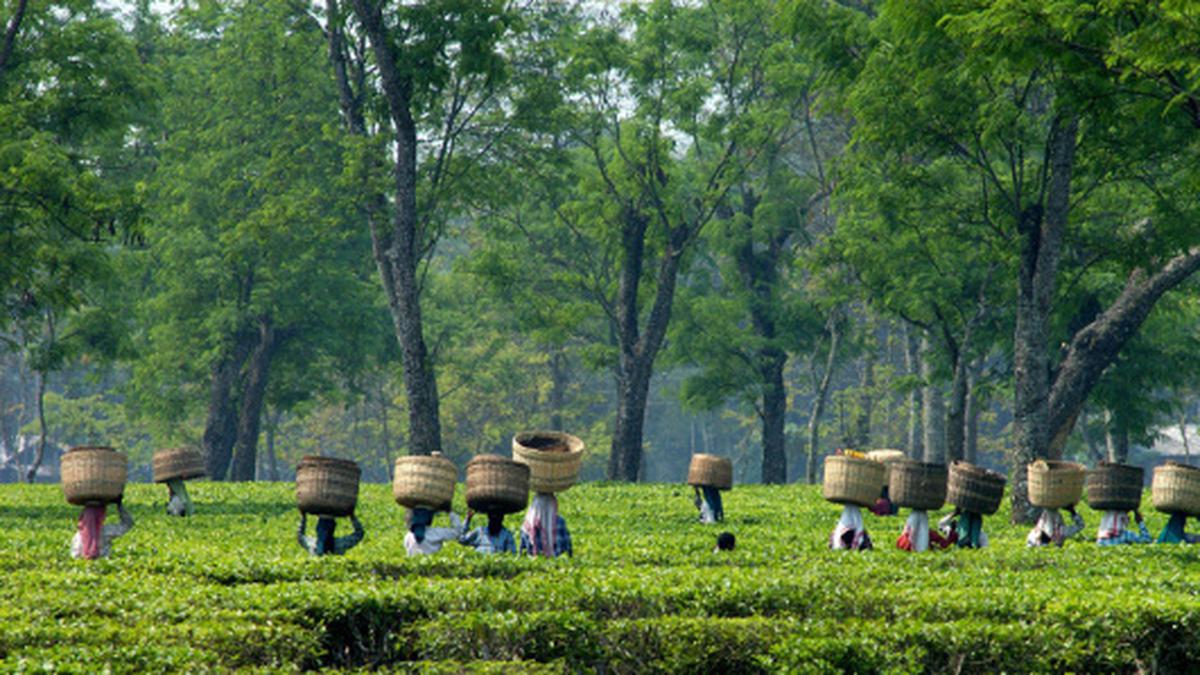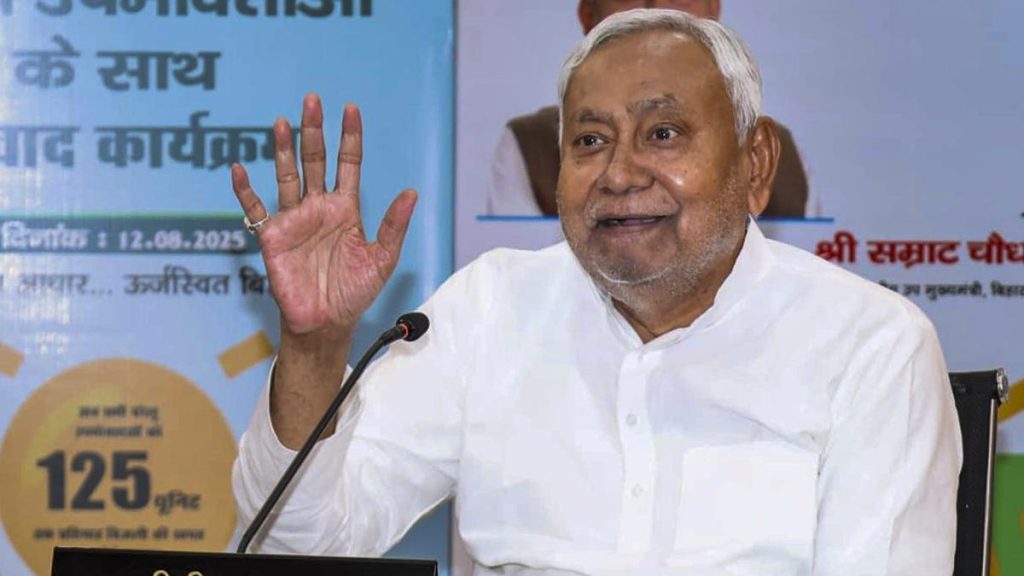Now Reading: Indian Tea Exports Face Threat from Proposed U.S. Tariffs: Tea Association
-
01
Indian Tea Exports Face Threat from Proposed U.S. Tariffs: Tea Association
Indian Tea Exports Face Threat from Proposed U.S. Tariffs: Tea Association

Fast Summary
- The U.S. has imposed a 50% tariff on imports from India, affecting Indian tea exports.
- In 2024, India’s tea exports to the U.S.totaled around 17 million kg; as of May 2025, exports stood at 6.26 million kg.
- The Indian Tea association (ITA) expressed concern, stating producers already operate on thin margins and cannot absorb cost increases in the supply chain.
- Major suppliers of black tea to the U.S. include India, Sri Lanka, Argentina, and Malawi.
- Assam and Darjeeling tea remain popular in the U.S.; higher prices may be absorbed by consumers due to strong demand.
- The ITA proposed actions such as reinstating an orthodox tea subsidy with higher funding and creating a dedicated freight corridor to reduce shipment costs.
- Export updates:
– North India: Growth of 8.74% in quantity and 22.33% in value (January-May), unit price up by ₹308.22 (+12.50%).
– South India: Decline of 15.42% in volume but increased value (+2.59%) due to unit price rise (+21.29%, now ₹261.37).
- Overall all-India tea export performance: Value increased by 15.09%, unit price rose by 16.85%, while export quantity marginally declined (-1.51%).
Indian Opinion Analysis
The newly imposed tariffs signify a significant challenge for India’s tea industry considering its reliance on exporting premium teas like Assam and Darjeeling varieties to key global markets such as the United States-an important buyer accounting for millions of kilograms annually.While consumer loyalty toward high-quality teas might mitigate some losses caused by price hikes, long-term repercussions could emerge if competitive pricing becomes unfeasible against other suppliers like Sri Lanka or Argentina whose production ecosystems differ substantially.
The broader discourse highlighted by ITA points toward expanding market diversification strategies-essential for reducing dependency on singular markets exposed unpredictably volatile tariff disputes longitudinal instability indirectly expanded exported growth regions proactive enabling customary orthodox system tackle systematic changes structurally🔑!
Read More&forward ref























